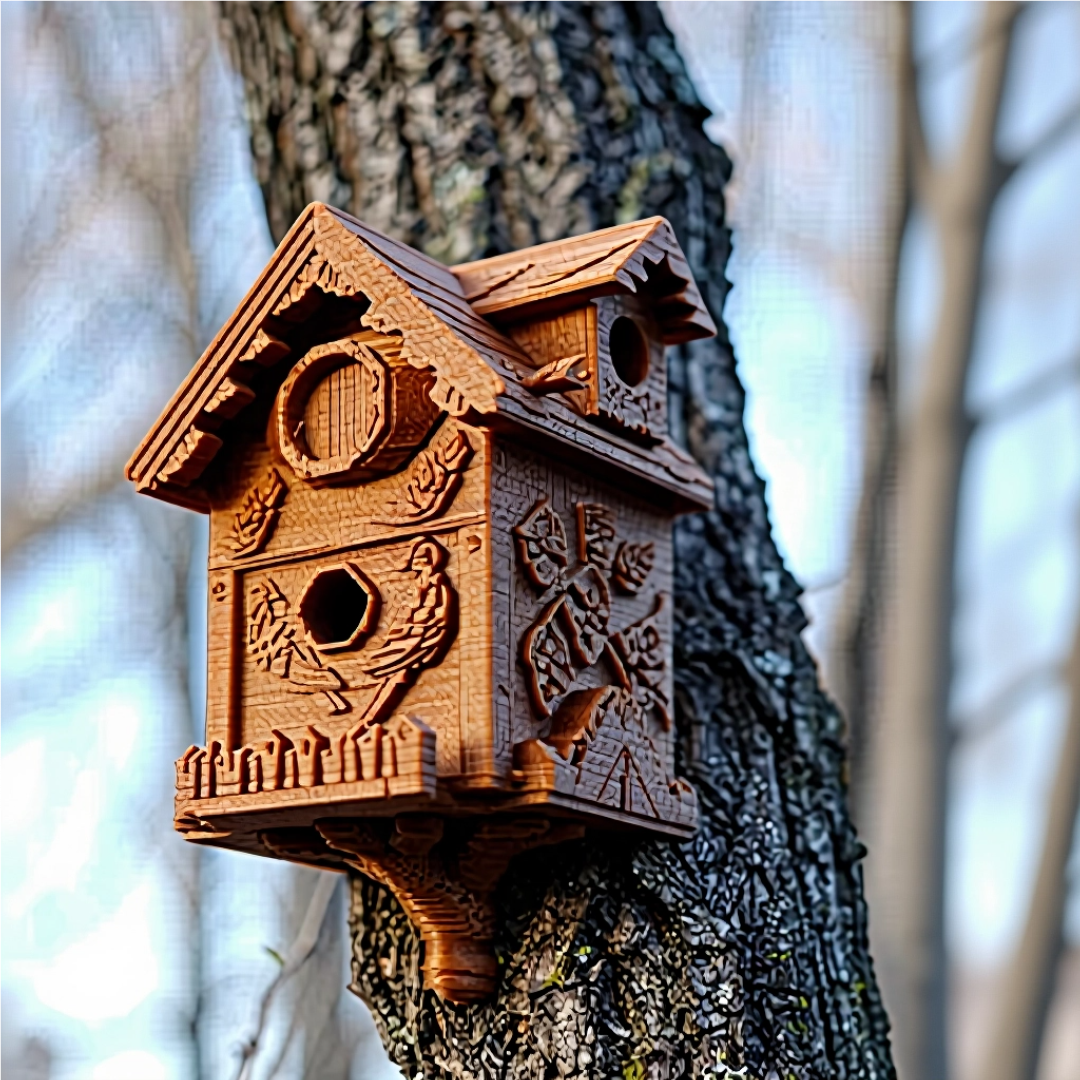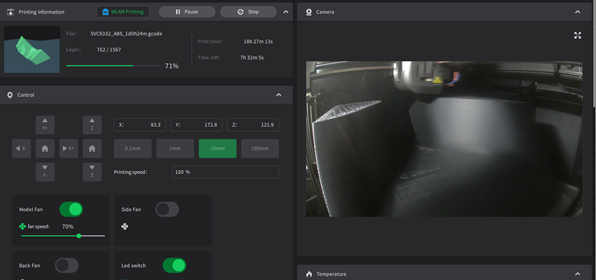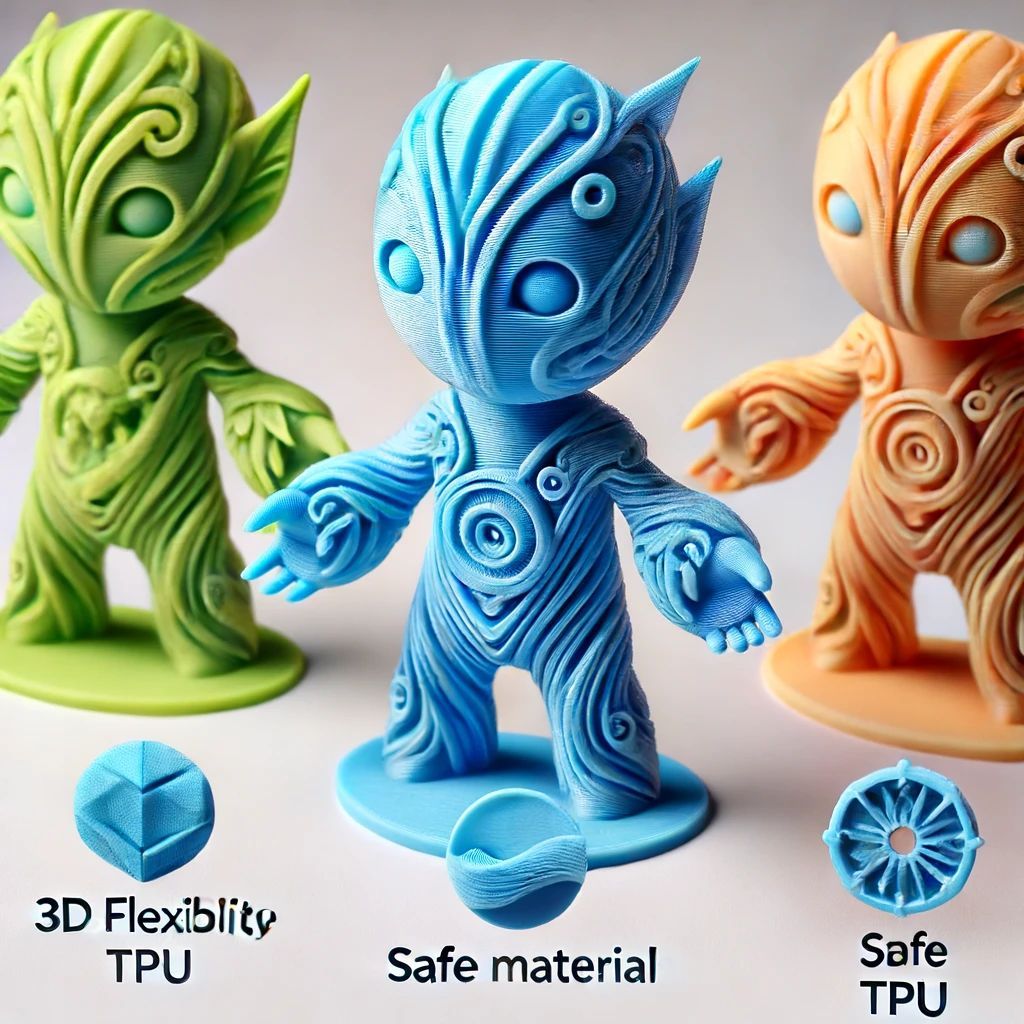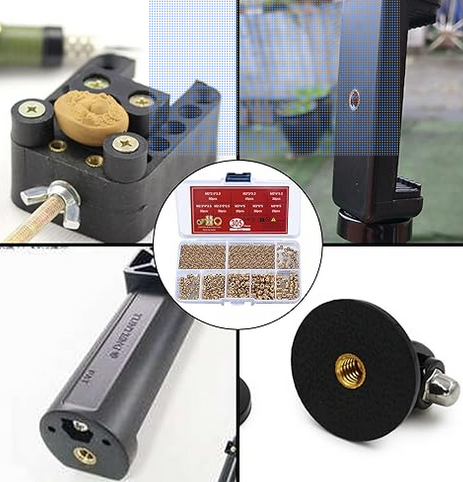A CAD Engineering Approach to Rare Warbird Conservation

One of my passions/hobbies, when I am not working at Autodesk, is collecting old aircraft blueprints from World War 2. I am enamored by the mechanics, aerodynamics, etc. of these old planes. Recently I have been defining a P-51 Mustang in Inventor, with all the datum points from the front of the aircraft to the rear of the tail. One of the first focus sections to start on was the rear tail wheel assembly with all the castings, cylinders cables, etc.
One of the main pieces is the tail wheel housing; I explored the various drawing sets to identify the main pieces so I could start modeling this first part in Inventor.
Finally, I had found the right drawing and was analyzing it to see what the best modeling strategy to take in creating this part. Well, more pictures of housing were needed, so I started to search the internet to find a photograph of this part possibly. While searching, I came across work that Hugh Thomson is creating around World War 1 and World War 2. Hugh has done an amazing job in documenting his progress on various aircraft using Inventor.
Over the next few months, we will re-post parts of his blog to the Inventor blog site so all our users can take advantage of the techniques and tips-n-tricks that Hugh has developed while pursuing his research.
Without any more rambling, let me introduce Hugh Thomson:
My background is in Structural Engineering and Design, though I have been very fortunate in my career to have also worked in the fields of Electronics, Mechanical, Architectural, and HVAC. I have a keen interest in historical aircraft designs, mainly the warbirds of the two war periods. Through the Smithsonian Institute and various other associations, I obtained copies of some of the original manufacturer’s drawings, which were quite frankly amazing in their detail and complexity.
So naturally aspiring to a challenge I decided to undertake a few projects to develop the original designs using today’s technologies to study the design concepts and mechanisms.
I was an early adopter of CAD systems; in the mid-80s, which was a progression from my experiences on the drawing board. Throughout these many years I have evolved my skills in line with the newer developments in this field, often managing projects as diverse as Pharmaceutical plants to Utility sub stations! Today the emphasis is very much on BIM (Building Information Modelling) for which I have a great experience and something that easily adapts well to this aircraft design environment.
But my goal is the study of historical aircraft designs and to understand the vision of those that created them; which can only be appreciated by getting down to the work of recreating the intent of the designer. I am hopeless at any manual skills like manufacturing, woodwork or the like; just doing basic DIY is a desperate challenge for me; but I am skilled in the fields of engineering design and CAD (2D, 3D, 4D) development work.
The goal of sharing my endeavors in exploring ideas and concepts is to increase awareness and hopefully inspire others to study the remarkable work of the designers from this era.
Chris Hall – Product Manager, Inventor Product Line
The post A CAD Engineering Approach to Rare Warbird Conservation appeared first on Inventor Official Blog.













